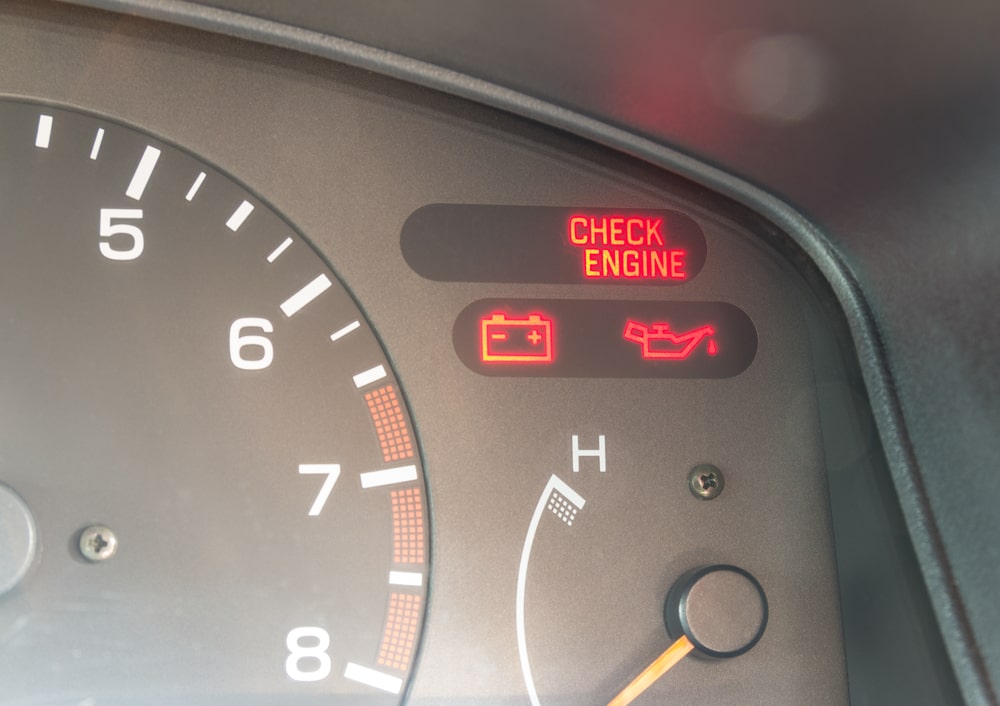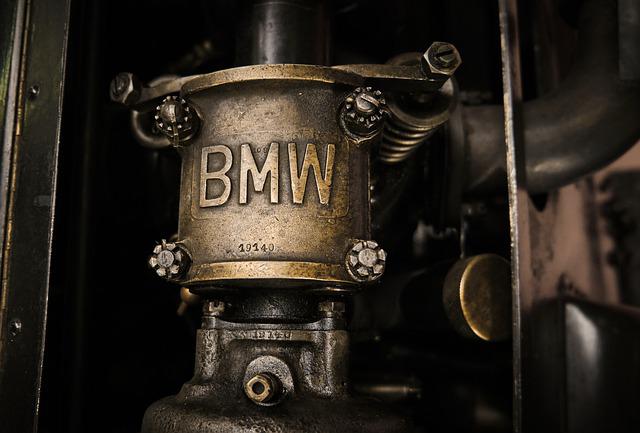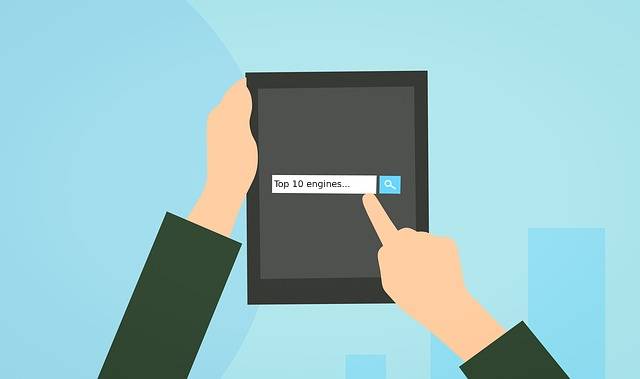‘Check Engine’ Light: Its Meaning and Importance
Find Used Engines and Transmissions for a Great Price! Live Assistant For Used Engines Call 1800-518-9776

The ‘Check Engine’ light is a warning indicator on the car's dashboard that illuminates when the vehicle's onboard diagnostic system detects a problem or malfunction in various components of the engine or emission control system. While it primarily focuses on engine-related issues, the ‘Check Engine’ light also comes on when there are problems with the car's transmission system.
What Does It Mean?
When the ‘Check Engine’ light denotes transmission issues, it means that the car's onboard computer has detected an abnormality or fault in the transmission components, sensors, solenoids, or other related systems.
This could include issues like transmission fluid temperature out of range, incorrect gear ratio detected, transmission sensor malfunctions, or other transmission-related errors. When the ‘Check Engine’ light illuminates for transmission issues, it signals the need for attention and potential repair to prevent further damage or potential safety hazards.
Why Is It Important To Address This Issue Promptly?
It is important to address ‘Check Engine’ light activations promptly, especially when they pertain to transmission problems, to avoid potential transmission damage, costly repairs, or compromised driving performance.
Seeking professional diagnosis and repair from a qualified mechanic or transmission specialist is crucial to accurately identify and resolve transmission-related issues indicated by the ‘Check Engine’ light. Ignoring the warning light could lead to more severe problems and may impact the overall performance and longevity of the vehicle's transmission system.
What To Do If The Check Light Is On?
If you see the ‘Check Engine’ light on, first and foremost check for a transmission fluid leak. This turns out to be one of the most common issues when noticing a check light being on.
1. Check for Immediate Issues
If you notice any unusual noises, smells, or a significant drop in performance, pull over to a safe location and turn off the engine. Avoid driving the car if there are severe symptoms.
2. Check the Gas Cap
A loose or faulty gas cap can trigger the ‘Check Engine’ light. Ensure the gas cap is securely tightened. If the cap is damaged, replace it with a new one.
3. Inspect Other Dashboard Light/h4>
Check if any other warning lights are also illuminated. Different combinations of lights can indicate specific problems that may help narrow down the issue.
4. Check Transmission Fluid
If you suspect a transmission-related issue, check the transmission fluid level and condition. Low or contaminated fluid can lead to problems.
5. Avoid Aggressive Driving
Drive gently and avoid sudden acceleration or hard braking, as aggressive driving can exacerbate underlying issues.
7. Schedule Professional Inspection
Schedule an appointment with a qualified mechanic or dealership to diagnose and fix the problem accurately. They have the expertise and equipment to identify and address the issue.
7. Don't Ignore the Light
Ignoring the ‘Check Engine’ light could lead to more severe problems and may impact the vehicle's performance, fuel efficiency, and emissions.
Conclusion
Thus, the 'Check Engine' light is a crucial warning system that demands prompt attention, especially when it indicates transmission-related issues. Addressing this warning promptly is vital to prevent further damage, costly repairs, and potential safety hazards. Seeking professional diagnosis from a qualified mechanic or transmission specialist ensures accurate identification and timely resolution of transmission problems.
Explore our vast inventory of high-quality used engines at Used Engines Inc. Our company offers unparalleled access to a huge inventory of quality used auto parts for most of the car and truck models at an affordable price. Drive with confidence and enjoy exceptional performance. Get started today!
related
You May Also Like

Which BMW Has the Most Horsepower?
A car is useless if it doesn’t have good horsepower. Just imagine driving your car with sluggish acceleration and it drags on the road whenever you take it for a spin.
Read Article
10 Best Engines Made So Far By Top Engine Manufacturers
Over the years, the car industry has seen major changes. Car engines have become smarter and it looks like every new engine that rolls out is better than the other.
Read Article
How to Make Your Car Last Forever?
Isn’t it lovely when a new car works the way you want? The gears shift smoothly and the wheels roll without dragging against the road. But as your car gets older, you’ll notice that it doesn’t drive smoothly, has lower fuel mileage, and overheats easily.
Read Article